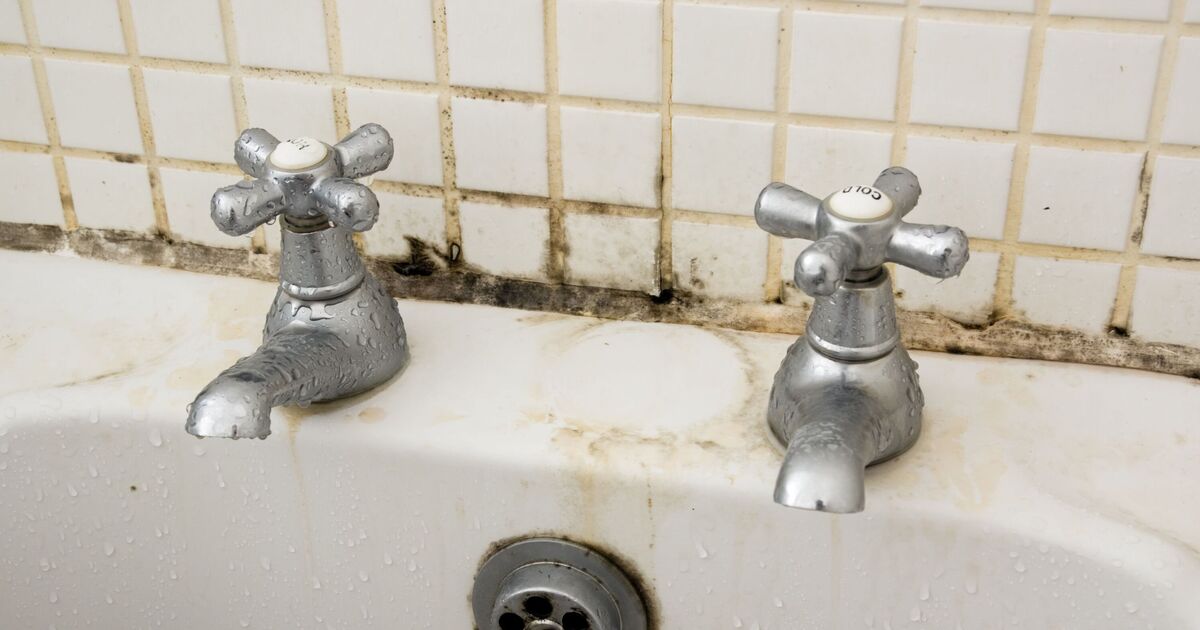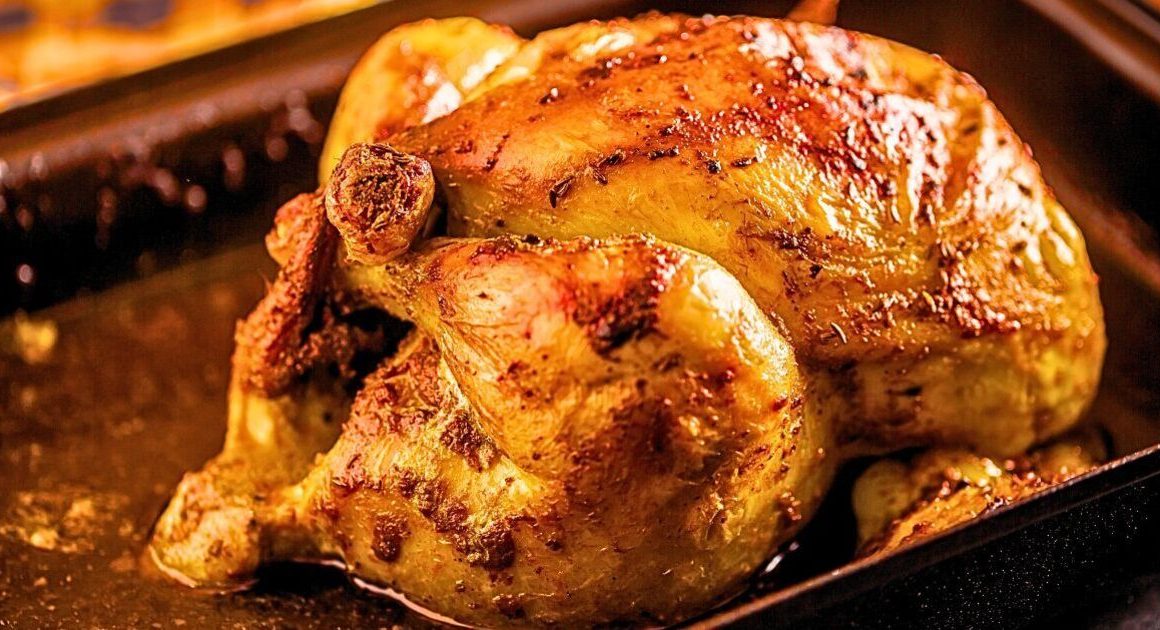Winter is just around the corner which means temperatures are dropping and the rainy season is drawing in.
At this time of year, Britons’ homes can become traps for damp, mould and condensation due to poor ventilation.
One area of the home which is particularly prone to mould is the bathroom. Bathrooms are the dampest room in the home due to steam, wet towels, showers and baths.
Mould can accumulate on tile grout, on shower and bath sealant, around windows and on ceilings and walls.
With this in mind, Colm Lalor, commercial director at nuie has shared the best method for cleaning mould from bathroom tile grout.
The bathroom expert said keeping grout clean can be a “constant battle” and the build-up of mould can make bathroom walls and floors look “unsightly”.
Luckily, the expert’s method for removing mould includes using two items you likely already have at home – bleach and water.
He explained: “The easiest way to remove mould is by dipping an old toothbrush in a solution of one-part bleach to four-parts of water, and then – using a bit of elbow grease – scrub the mould away and rinse with water.
“Be careful not to scrub too hard, or you may damage the grouting.”
If you also have mould on your walls and surfaces, homeowners can use the same solution.
Mr Lalor suggests gently scrubbing the problem area with a damp cloth until the mould has been removed.
He then recommends drying the area well with a dry, soft cloth to ensure there’s no solution left on the walls.
While bleach is a common cleaning item that can be used around the home, it should not be used on any brassware, according to the experts.












